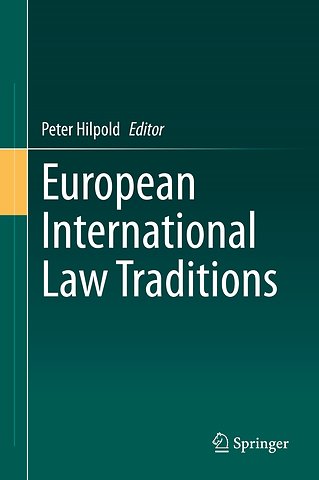European International Law Traditions
Gebonden Engels 2020 9783030520274Samenvatting
International Law is usually considered, at least initially, to be a unitary legal order that is not subject to different national approaches. Ex definition it should be an order that transcends the national, and one that merges national perspectives into a higher understanding of law. It gains broad recognition precisely because it gives expression to a common consensus transcending national positions.
The reality, however, is quite different. Individual countries’ approaches to International Law, and the meanings attached to different concepts, often diverge considerably. The result is a lack of comprehension that can ultimately lead to outright conflicts.
In this book, several renowned international lawyers engage in an enquiry directed at sorting out how different European nations have contributed to the development of International Law, and how various national approaches to International Law differ. In doing so, their goal is to promote a better understanding of theory and practice in International Law.
Chapter “What Are and to What Avail Do We Study European International Law Traditions?” is available open access under a Creative Commons Attribution 4.0 International License via link.springer.com.
Specificaties
Lezersrecensies
Inhoudsopgave
Rubrieken
- advisering
- algemeen management
- coaching en trainen
- communicatie en media
- economie
- financieel management
- inkoop en logistiek
- internet en social media
- it-management / ict
- juridisch
- leiderschap
- marketing
- mens en maatschappij
- non-profit
- ondernemen
- organisatiekunde
- personal finance
- personeelsmanagement
- persoonlijke effectiviteit
- projectmanagement
- psychologie
- reclame en verkoop
- strategisch management
- verandermanagement
- werk en loopbaan
